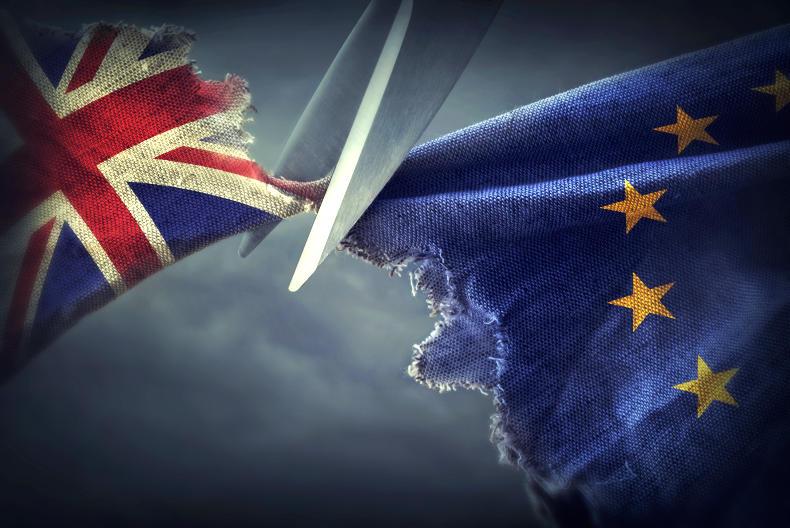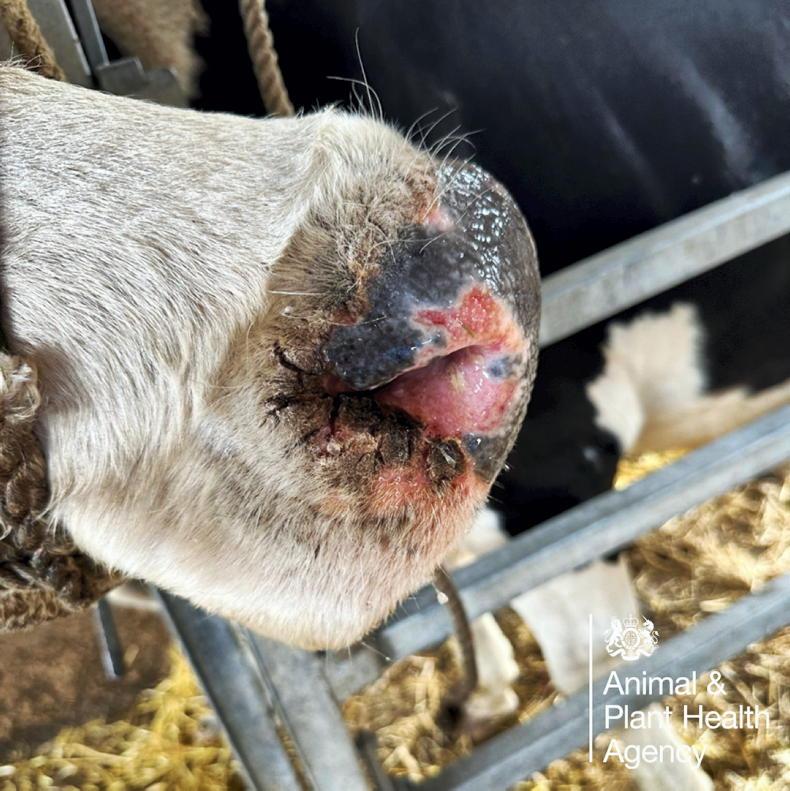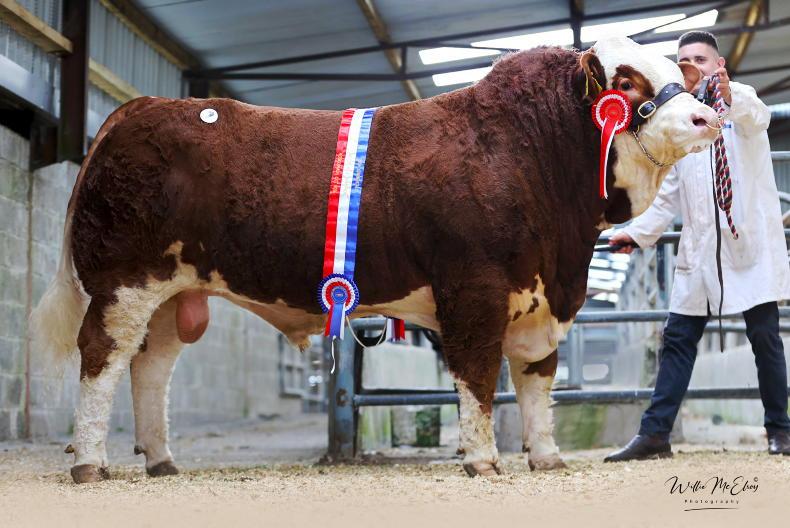After two years with lots of talk but no action, the Brexit issue burst into life over last weekend. It started with the hothouse cabinet meeting in Chequers, which produced the first tangible UK proposals on dealing with Brexit after an all-day meeting. In summary, the proposals suggest that the UK remains completely aligned to the EU for industrial goods and agricultural products.
This outcome is certainly one that Irish farmers could live with as it provides for continued north-south and east-west trade without any change to present arrangements. The only problem is that achieving this outcome requires the EU forsaking one of its core principles or “red lines” on the four freedoms which it has been adamant that it will not do.
Big problems in Conservative party
Of course it was a matter of hours until the Prime Minister’s proposals met their first difficulty with the resignation of the Brexit Minister David Davis on Sunday night followed by the Foreign Secretary, Boris Johnson the following day. While they had signed up at the Cabinet meeting for the proposals, when they reflected they decided they couldn’t support or sell them to party colleagues.
This means that the Prime Minster has a major challenge in her own party to get traction for her proposals on what would amount to a soft Brexit. For the moment no more cabinet resignations are expected with one pro-Brexit Minsiter, Michael Gove – who has responsibility for agriculture – actually speaking out robustly in favour of the Chequers proposals. With no revolt on the back benches either or leadership challenge so far, with each passing day there is a belief that the position of the Prime Minister will prevail at least in the short term. Her first challenge will be to get her proposals to Brussels by way of a White Paper, then the real challenge of getting them through Brussels will begin.
Breaking Brussels red line
If the Prime Minister manages to get through all of this then there is the issue with Brussels accepting what is a clear departure from the four freedoms principle. While it would be very suitable for Irish farmers if it was to be business as usual in trade of agricultural products and industrial goods, there is a big chance that the Chief Negotiator and his team will see it as a breaking of their red line.
While the continued alignment of standards would mean no hormone beef nor chlorine-washed chicken, deals could be negotiated for product that matches current EU standards
What is also clear as negotiations have progressed is that the EU have become reconciled to the departure of the UK and have shown no urgency, though perhaps that was difficult before now since the UK didn’t have a formal position. There hasn’t been an immediate dismissal of the proposals ahead of official submission which is positive, but the new Brexit Secretary will face a robust challenge when he goes head-to-head with Barnier trying to shift an EU article of faith.
UK ability to negotiate trade deals restricted
If the present UK proposal was to be the outcome, one area to watch will be what trade deals the UK conclude. While the continued alignment of standards would mean no hormone beef nor chlorine-washed chicken, deals could be negotiated for product that matches current EU standards. That will be a difficult negotiation for the UK as the US ambassador to the UK, Woody Johnson, indicated in a radio interview that a bilateral deal with the UK “was up in the air at this point”. It was beef and chicken that were the major stumbling block in TTIP negotiations between the USA and EU which were bogged down even before the current US President pulled the plug on them when he took office.
The proposals that came out of the UK cabinet meeting on Friday would solve the issues of trade in agricultural products on the island of Ireland and even more importantly on the east-west link, as well as giving continued access to the massive market in Britain.
The UK Prime Minster now has to sell the proposal to both her own party and then the EU and there is no guarantee she can do either, never mind both. If she doesn’t succeed the worst case scenario of trading on World Trade Organisation terms will be the ultimate backstop.
On the other hand there is rarely an EU negotiation that runs smoothly and all-night sessions to break a deadlock are common.
The annual fisheries discussion is an example of this, it never concludes without an all-night negotiation.
Time is running out but if there is a basis on which to keep talking, then expect a formal stopping of the clock on 29 March and an informal transition commencement.
What would be best for Irish farmers, even better than the weekend proposals, would be for this transition to never end.











SHARING OPTIONS